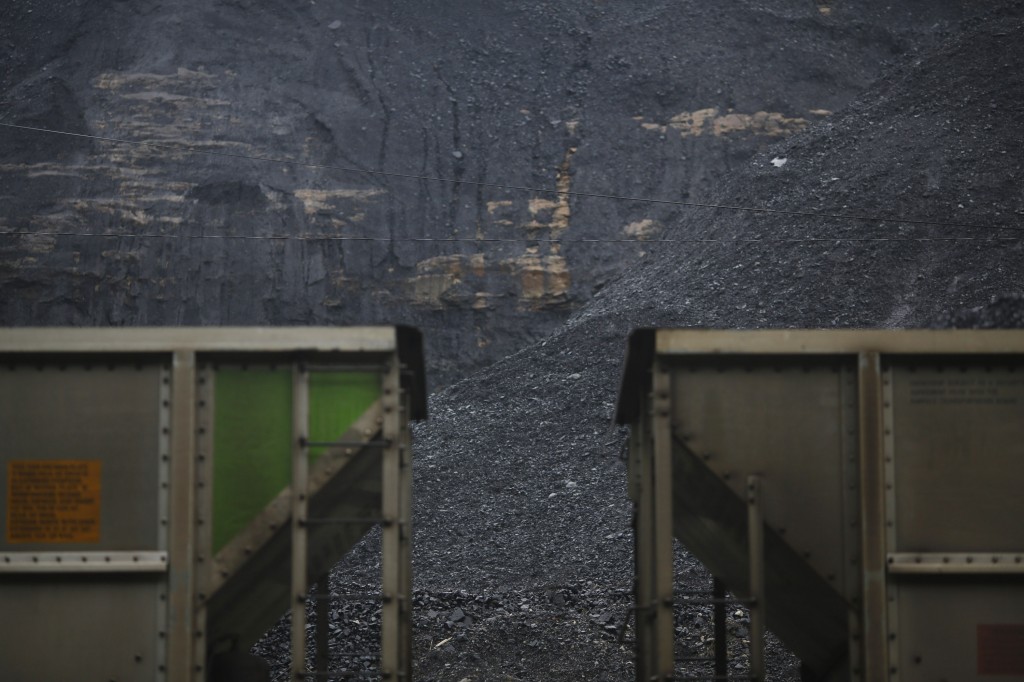The leaders of Brazil, Russia, India, China and South Africa (known as the BRICS) recently met to launch a newly-created international fund called the New Development Bank (NDB). The BRICS represent roughly a fifth of the world economy and 40 percent of the global population. The NDB will have an initial capital pool of $50… Keep reading →
International Monetary Fund
New Financing Options for Coal Power Plants through the BRICS ‘New Development Bank’
By Chris PedersenSign up and get Breaking Energy news in your inbox.
We will never sell or share your information without your consent. See our privacy policy.
Taxing carbon could reduce US consumption of fossil fuels and significantly cut the yawning U.S. budget deficit but would affect low-income people the hardest unless offsets are built into it, economists and tax experts said on Tuesday.
As Congress and the White House seek alternatives to the “fiscal cliff” of sharp tax hikes and spending cuts set to kick in on January first next year, experts on fiscal and environmental policy gathered at the American Enterprise Institute for a day-long discussion on a possible major new source of revenue that would also cut carbon emissions. Keep reading →

Alternative energy sources and technologies have been the beneficiaries of steadily rising prices for most forms of fossil fuels over the last 30 years, with political interference and technology innovations warping markets and price signals along the way.
But with massive oil and gas finds currently under development, the future looks distinctly choppy for the host of renewable and cleantech companies that have emerged in response to high prices and supply-side shocks like the Arab Spring. How the markets respond to the potential for falling prices and huge expansions in availability from Brazil, Iraq and smaller players as well as shale gas development was the subject of this panel at the US Association for Energy Economics Summit in Washington, DC, earlier this year. Keep reading →

Crimped credit availability and a delayed economic recovery are being treated as certainties by many energy firms as the prospect of a potential default by the US federal government or a downgrade of its debt continue to dominate political and business news.
“The electric power industry is probably the most capital-intensive in the US,” Steptoe Johnson lawyer Dave Raskin told Breaking Energy. “That means anything that increases the cost of borrowing or complicates the debt markets worries the industry and makes it harder for them to build needed infrastructure.” Keep reading →

